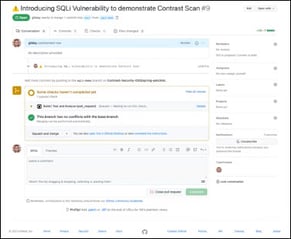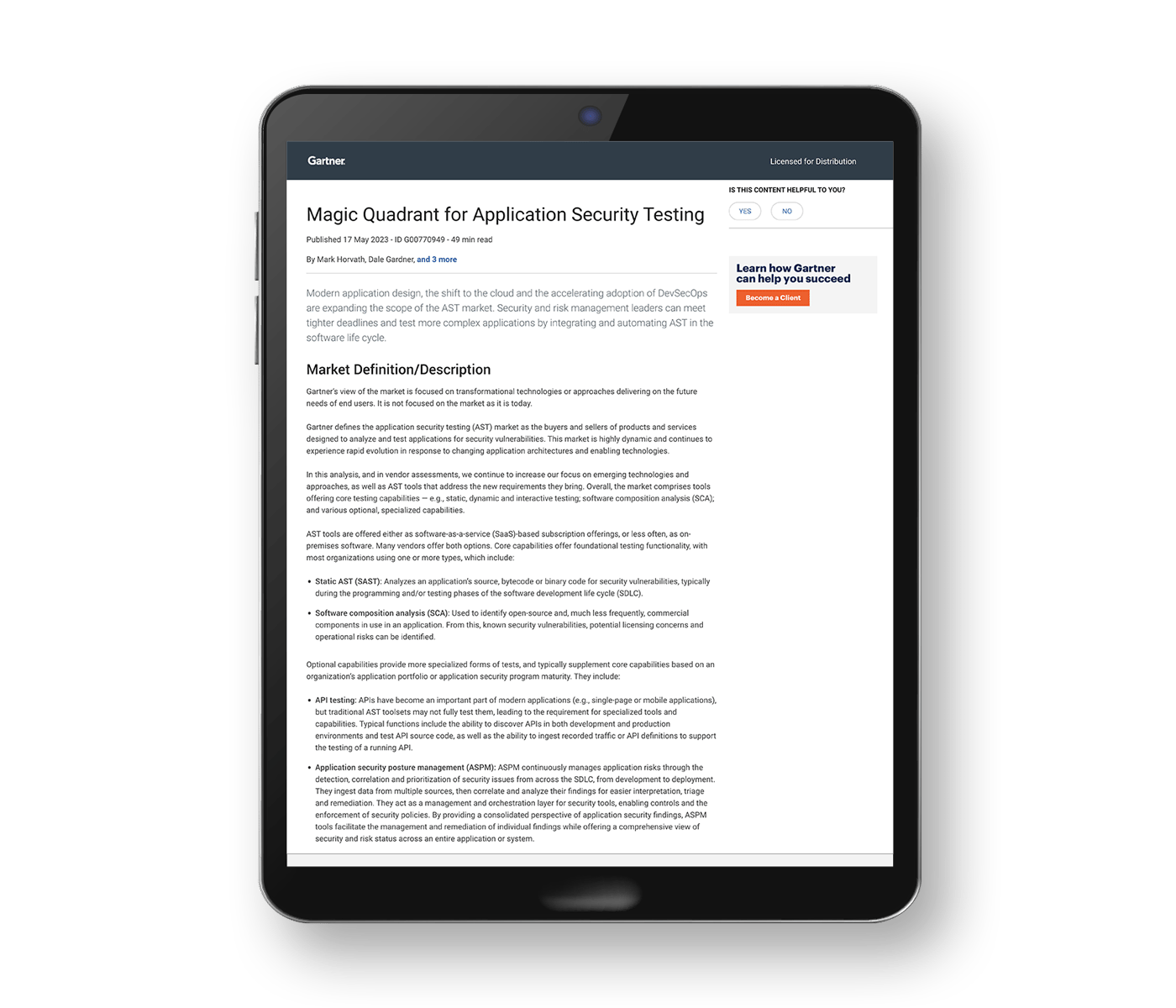Apache Kafka is one of the most popular platforms for real-time data processing and efficient communication between distributed systems. According to enlyft, there are approximately 50,192 companies that use Apache, and the number has grown rapidly.
Apache Kafka was originally developed by LinkedIn and was built for website activity tracking, capturing all the clicks, actions or inputs on a website. By early 2011, it was made open-source. The main reason for its adoption was its high-throughput and low-latency messaging capabilities.
Kafka transformed the way organizations build and manage their application environments. As the utilization of Kafka increases, so does the need for securing these environments.
Growing usage of Kafka and its popularity across industries and companies
Kafka is being widely adopted by companies in numerous industries, including technology, financial services, e-commerce, telecommunications, healthcare, automotive and energy sectors. Major technology companies like LinkedIn, Netflix and Twitter use Kafka for purposes such as log aggregation, stream processing and real-time analytics. Financial institutions like Goldman Sachs and JPMorgan Chase rely on Kafka for processing high volumes of financial transactions and real-time risk analysis.

Apache Kafka plays a vital role in supporting companies that are modernizing their application environments, as it provides a highly scalable, reliable and efficient messaging platform for real-time data streaming.
- Microservices architecture: Kafka serves as a robust messaging backbone for microservices-based applications, enabling efficient and reliable communication between decoupled services. This helps companies to adopt more agile development practices and scale individual components independently.
- Real-time data processing: Kafka's high-throughput, low-latency messaging capabilities enable real-time data processing and analytics. This allows companies to derive insights and make data-driven decisions faster, leading to better responsiveness and competitiveness.
- Event-driven architecture: Kafka facilitates the development of event-driven applications, where events represent state changes in the system. This approach enables more reactive, scalable, and resilient applications, which are better suited to handle the demands of modern, distributed systems.
- Scalability and reliability: Kafka's distributed architecture and fault-tolerance features ensure that it can handle large-scale, high-throughput workloads, providing the necessary infrastructure for companies to grow and adapt to increasing data volumes and processing demands.
The importance of securing Kafka environments
There are many Common Vulnerabilities and Exposures (CVEs) that are prevalent in Kafka. The nature of the language and how the message queues (MQs) work mean that the MQs hold gaps to allow for specific vulnerabilities. Because of their nature, these MQs will always be prone to exploits, making it crucial to secure Kafka environments. Not only do CVEs expose sensitive data; it is also necessary to ensure the reliability and integrity of data exchanged between various system components. Some CVEs and security concerns associated with Kafka include unauthorized access, SQL injections, Lightweight Directory Access Protocol (LDAP) and header injections.
Contrast Assess can secure modern application environments using Kafka
Contrast Assess is an Application Security (AppSec) solution that can help secure modern application environments that use Kafka. By using Contrast Assess, companies can proactively identify and remediate vulnerabilities in their applications and Kafka configurations.
Our agent MQ messages as entry points, will follow data flow and will check for vulnerabilities in the exercised pathways (routes). You can customize trust boundaries in our Contrast user interface (UI). In addition, Contrast analyzes all the libraries and dependencies the web application uses to provide accurate results of vulnerabilities.
Here are a few ways Contrast Assess can be beneficial:
- Continuous security: Contrast Assess provides continuous, real-time security assessments throughout the application life cycle, ensuring that vulnerabilities are identified and addressed as soon as they are introduced.
- Accurate results: By analyzing application code and data flows in real time, Contrast Assess can deliver highly accurate vulnerability detection with minimal false positives.
- Integration with Continuous Integration/Continuous Deployment (CI/CD) pipelines: Contrast Assess can be easily integrated with existing CI/CD pipelines, ensuring that security assessments are automatically performed as part of the development process.
- Actionable insights: With detailed vulnerability reports and remediation guidance, Contrast Assess helps developers quickly address security issues and improve the overall security posture of their applications.
Find and fix real-time vulnerabilities with Contrast Assess. Get in touch to book a demo or get our free trial today.








